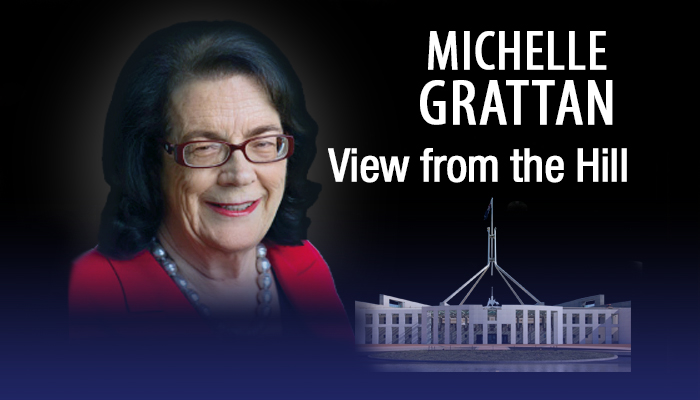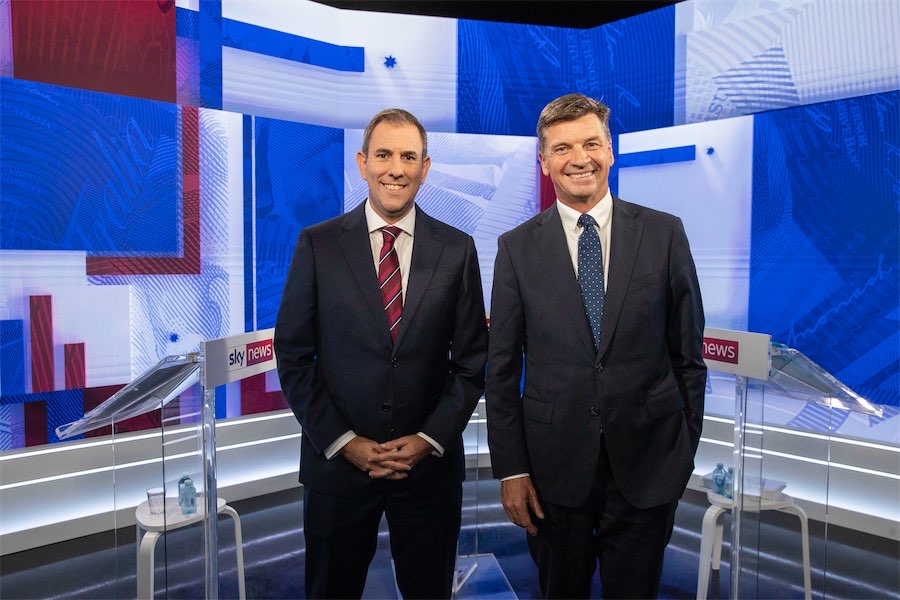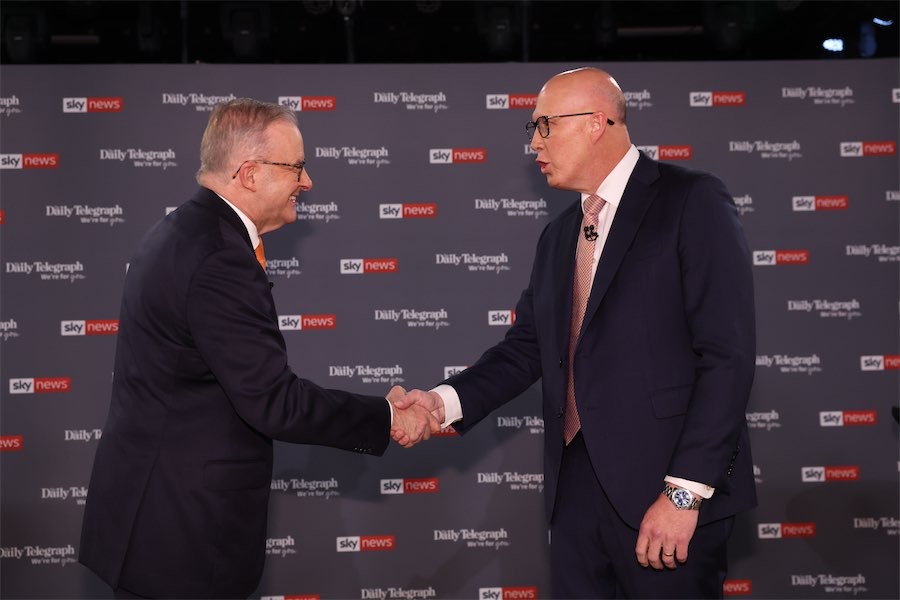Peter Dutton would get a lashing if the Voice lost, but the implications would be more serious for Anthony Albanese, writes MICHELLE GRATTAN.
IT would be foolish to over-read the latest Newspoll. It doesn’t point to doom for the Voice, but it does suggest the referendum is in a fight for its life.
 And it underscores how high the stakes are for Anthony Albanese.
And it underscores how high the stakes are for Anthony Albanese.
The poll asked people the precise question they will face when they go to vote – whether they approve of the proposed alteration of the Australian Constitution “to recognise the First Peoples of Australia by establishing an Aboriginal and Torres Strait Islander Voice”.
The results were 46 per cent in favour, 43 per cent against and 11 per cent undecided. If the undecided split equally, there would be a narrow “yes” majority, but far too close for the government’s comfort, especially as a majority of states is also needed.
This poll comes in the context of a drift downwards in the “yes” vote in other polling.
No one can doubt Anthony Albanese’s deep and personal commitment to the Voice, which will be the most important social issue he promotes this term.
On a political level, though, he may calculate that even if his gamble fails, the fallout will favour him. Dutton has the most to lose, so the reasoning goes, whatever the result. If the Voice is carried, Dutton is on the wrong side of history. If it is lost, he has been the spoiler, and will cop blame for the result.
But while a loss would have a negative impact for the opposition leader, especially in teal seats he needs to win, it would have more serious challenges and consequences for Albanese.
Most immediately, the prime minister would have to manage the political situation. Blame would be spread a lot more widely than Dutton. Some would say the government had over-reached – that it should have put a more limited question, for instance excluding the reference to the Voice making representations to executive government.
Many indigenous (and some non-indigenous) people would be traumatised and/or angry.
Albanese would require a strategy to manage the far-reaching implications for reconciliation. One course would be to legislate the Voice regardless, but that could be seen as flying in the face of the vote.
There would be wider consequences for the PM, however. His authority would be dented, even – to an extent – among his colleagues, some of whom are banking on his judgement that he can “land” the referendum. The PM’s political antennae over the past year have seemed neatly honed – that would no longer be the impression.
Almost all governments and prime ministers start with a store of political capital and Albanese’s is large. It needs to be, given the difficult economic times we are in (not that these are the government’s fault). A referendum loss would knock away a slab of that capital. It could, one might think, make a basically cautious government more so.
Most obviously, it would be a blow for a potential second-term referendum for a republic. But it could also affect how the government approached other issues as well, such as the scope of any economic reform agenda Treasurer Jim Chalmers might have in mind for the government to put forward at the next election.
Why is the Voice’s support declining? Misinformation, disinformation, scare campaigns and racism are only part of the story.
Other reasons include genuine differences of opinion about the effects of the change, uncertainty about what the Voice involves, and Australians’ innate conservatism when it comes to altering the Constitution, seen on a wide range of referendums over the decades.
It is hard to predict whether the “yes” vote will continue to drop or languish. One must wonder, however, whether this is a cold climate for a referendum, when people are preoccupied with their individual circumstances getting tougher.
In such times, are people more likely to turn inward? Does an ambitious referendum require a more benign environment? In retrospect, it might have been better to have had the referendum much earlier, after a short sharp campaign. But that would have gone against the measured approach Albanese has taken to running things.
The next question is, what can the “yes” campaign, and most notably the government, do to improve the chances of the referendum?
Clearly, it will be placing a lot of faith in an intense advertising campaign. Beyond that, its options appear limited.
The “yes” campaign already has the backing of sporting organisations, companies and a range of opinion leaders. But it is unclear how many doubters will be swayed by such endorsements.
Some doubters are concerned by the lack of detail about the Voice. However, we’ve gone beyond the point when the government can provide significantly more, because it is locked into the proposition that this will be approved by parliament, post referendum, after consultations with indigenous people.
The point must be emphasised that there is a very long way to go. But as the weeks tick by, the government must be increasingly concerned about the outcome of this roll of the dice by a prime minister who, it is now fashionable to say, is often risk averse.![]()
Michelle Grattan, Professorial Fellow, University of Canberra. This article is republished from The Conversation.
Who can be trusted?
In a world of spin and confusion, there’s never been a more important time to support independent journalism in Canberra.
If you trust our work online and want to enforce the power of independent voices, I invite you to make a small contribution.
Every dollar of support is invested back into our journalism to help keep citynews.com.au strong and free.
Thank you,
Ian Meikle, editor







Leave a Reply